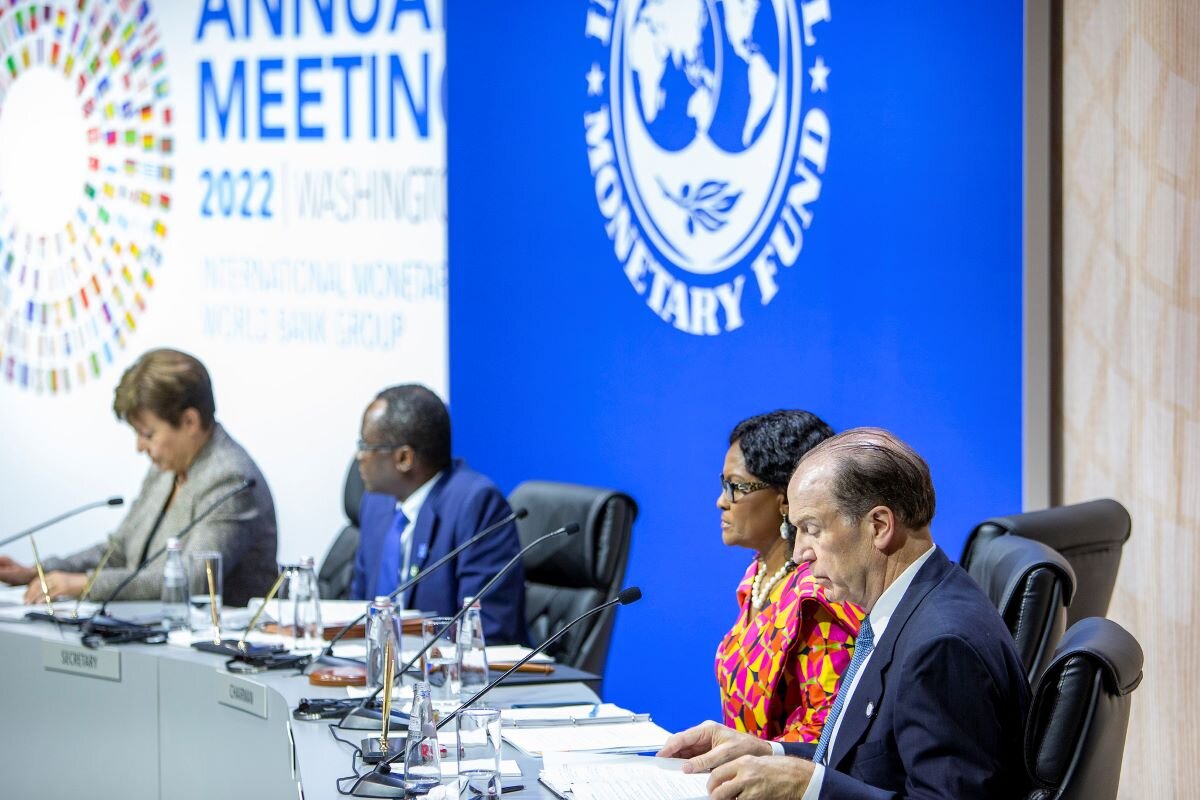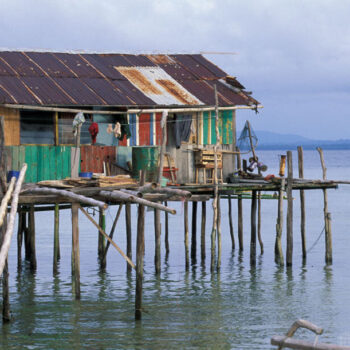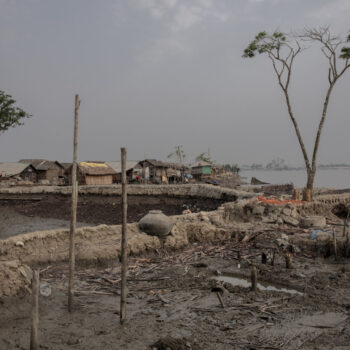- At the 2022 World Bank/IMF Annual Meetings, shareholders called on World Bank Group management to produce an ‘Evolution Roadmap’ to guide the institution in meeting the most pressing challenges of the 21st century.
- The push for global solutions and reform of development finance is timely and necessary to scale the investments needed in the context of overlapping global crises beyond the scope of individual nations to tackle.
- Given its history, global reach, and near-universal membership, the World Bank is a logical place to start reimagining the role of multilateral development banks in addressing global challenges.
- World Bank management should deliver an Evolution Roadmap that is both ambitious and innovative, which enables the Bank to play a global leadership role in financing the transition to net zero.
Story
A new briefing from E3G and CSIS suggests actions to be included in the roadmap as well as timeframes and pathways for enacting reforms in 2023 that will be critical to the World Bank Group’s evolution. In particular, the Evolution Roadmap is as much about the shareholders as the Bank’s management and staff. The vision refresh and reforms to better integrate, incentivize and scale investments in global public goods like climate and pandemic preparedness must go hand in hand with additional lending capacity, most notably the implementation of the G20’s recommendations on Capital Adequacy Frameworks.
By the Spring Meetings, shareholders should be in a position to set clarity and consensus on the strategic direction of the Bank, with a statement by the Development Committee recognizing the need to better integrate GPGs into country-led national development plans. This means not a moment can be wasted in Q1 of next year. The work must be done in Washington, DC, among and between shareholders and management at the Bank; in capitals, on the analysis of proposals; and between capitals, to formulate common positions and align shareholders.
By the Annual Meetings in October 2023, there must be a strong consensus on the transformation of the Bank among shareholders, enabling the Governors to approve the Evolution Roadmap. That Roadmap should unlock the Bank’s ability to mobilise significantly higher levels of finance for global public goods projects, particularly in the areas of health and climate. It should also point to specific structures and new vehicles for scaled-up concessional finance for the world’s poorest countries, including the source of new grants.
Read the World Bank Shadow Evolution Roadmap here.
Quotes
Claire Healy, Director of E3G Washington DC, said:
“The World Bank has evolved ever since it was created, and now it needs to evolve to address cross-border risks like climate and pandemic preparedness. Global public goods and national development goals are not an either/or, it’s more and more. Not addressing these risks, at the requisite pace and scale, will lead to a resurgence in poverty and undermine hard-won development gains, as we’ve seen.
“The shareholders’ focus is an opportunity to reimagine the Bank, and for management and staff to be proactive to incentivize investments at scale to cut emissions with cheaper finance, faster approvals, more flexible borrowing limits, and longer maturities. We’ve set out a plan of action with ambitious benchmarks to ensure 2023 is a year of delivery, not dither and delay. This agenda is critical-path for the Paris goals: the roadmap can’t become a roadblock.”
Sonia Dunlop, E3G Programme Lead for Public Banks said:
“A greater role for the World Bank in global public goods must be paired with additional lending capacity. The first positive signal the World Bank management can send with its Evolution Roadmap is embracing the recommendations made by the G20 Experts Group on reform of the way the organisation treats its own capital. Only by implementing the Capital Adequacy Framework review recommendations in full will the Bank be able to mobilise the billions urgently needed to adapt to and mitigate against climate disaster.”
Available for comment
Claire Healy, Director of E3G Washington DC is available for commentary – please contact them directly:
m: +1 202 420 0628, claire.healy@e3g.org
ENDS
Notes to Editors
- The World Bank Group includes five institutions: the International Bank for Reconstruction and Development (IBRD), the International Development Association (IDA), the International Finance Corporation (IFC), the Multilateral Investment Guarantee Agency (MIGA), and the International Centre for Settlement of Investment Disputes (ICSID). This paper focuses primarily on the IBRD and IDA, often referred to as “the Bank.”
- E3G is an independent climate change think tank with a global outlook. We work on the frontier of the climate landscape, tackling the barriers and advancing the solutions to a safe climate. Our goal is to translate climate politics, economics and policies into action. About – E3G
- For further enquiries email press@e3g.org or phone +44 (0)7783 787 863


